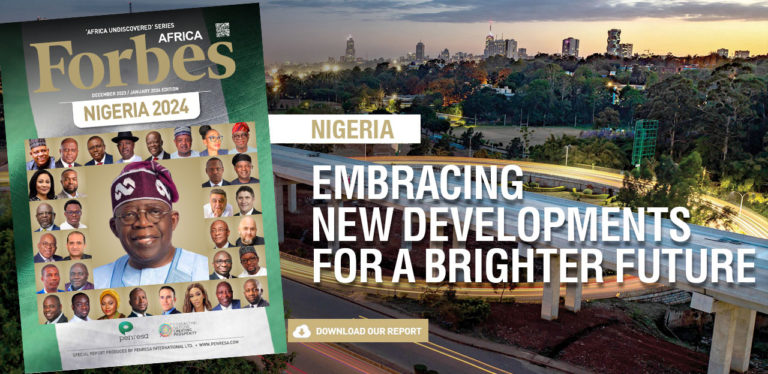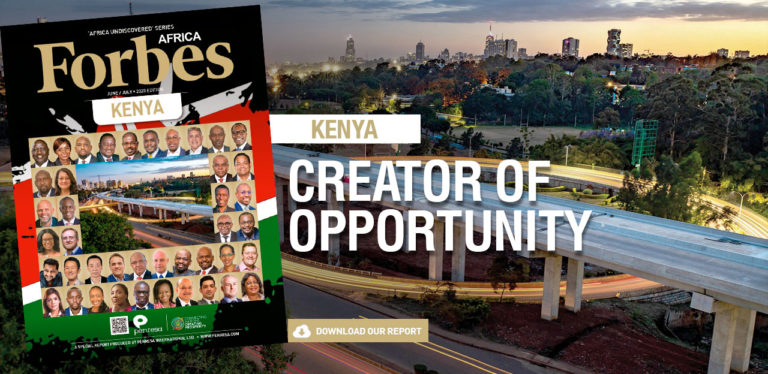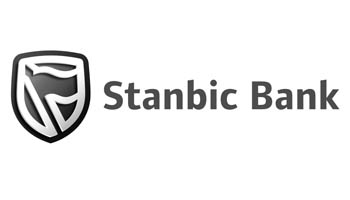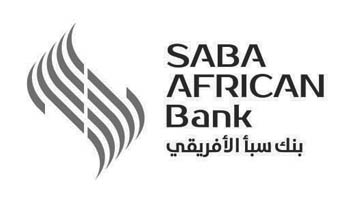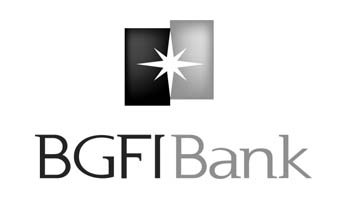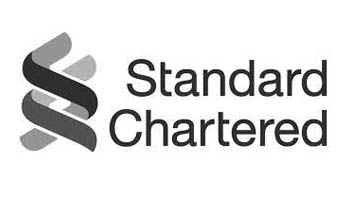The Strategic Plan for an Emerging Gabon is diversifying the economy, revitalising sectors, creating jobs and changing the lives of the Gabonese people.
Gabon has recently marked the ten-year anniversary of a very ambitious mandate: The Strategic Plan for an Emerging Gabon (PSGE), which is aimed at achieving sustainable development and diversifying the national economy. Looking back on the past ten years, the PSGE has helped the country evolve greatly and Gabon has enjoyed the benefits of the framework, first implemented by His Excellency President Ali Bongo Ondimba. The approach is focused on the country’s natural assets and seeks to elevate Gabon as one of the five leading countries in Africa. President Ondimba states, “The PSGE seeks to reduce the country’s dependence on extractive industries and dampen the volatility of raw-material prices, it is already taking shape through an industrial base that is creating jobs and wealth.” Diversification is the secret to Gabon’s success.
On the forefront of Ondimba’s PSGE agenda is diversification, which seeks to expand the industry and service sectors by reducing the country’s reliance on oil and gas as a foundation of the economy. Though the future of the oil and gas sector offers limitless opportunities, a diverse economy reduces the country’s position of the past, which held Gabon’s economic growth in direct relation to oil and gas prices.
The plan is boosting socio-economic development, but the PSGE seeks to diversify in order to change the lives of Gabonese people entirely. Ondimba states, “The human individual must occupy in our respective actions and of our obligation to reconcile development and durable peace with the preservation of the environment for present and future generations. My government is striving to offer the people of Gabon better living conditions through a number of measures, ranging from reducing the prices of food staples to building new hospitals. I have also initiated an equal-opportunity programme that will enable all Gabonese people to enjoy the same resources as they embark on a path of personal and collective fulfilment.”
In addition to these initiatives, the government has implemented an economic recovery programme that will “adjust the budget, develop infrastructure and encourage the private sector to leverage the economy’s diversification and transformation” with the goal of improving the youth employment rate. Ondimba states, “The programme gives pride of place to everything that promotes the maximisation of our youth potential. The strategy implemented by Gabon aims to accelerate the structural transformation of our economy by moving to an economy of industries and services with high added-value in the near future.”
The programme also pays special attention to competitiveness factors, such as human capital formation and the construction of development infrastructure, which will inevitably create more job opportunities for Gabon’s youth. Ondimba continues, “Over the short term, we intend to devote greater efforts to education and training in order to improve the performance of our basic education system. The goal here is to enhance the employability of our workforce, provide a qualified labour force for our labour market and accelerate the integration of young people into the workforce.”
In seeing the success of the past ten years, Gabon is only motivated to keep moving forward towards progress. The future of Gabon is aided by the country’s place as a strong proponent of regional stability, while also having been directly involved in mediation efforts in surrounding countries. In this regard, Ondimba states that the PSGE fits directly with the goal to develop not only Gabon but the African continent: “Gabon is a country that bears the stamp of peace, and we want to remain the haven of fraternity and solidarity that we have always been. Along with security, peace is an essential prerequisite for the development of Africa.”


